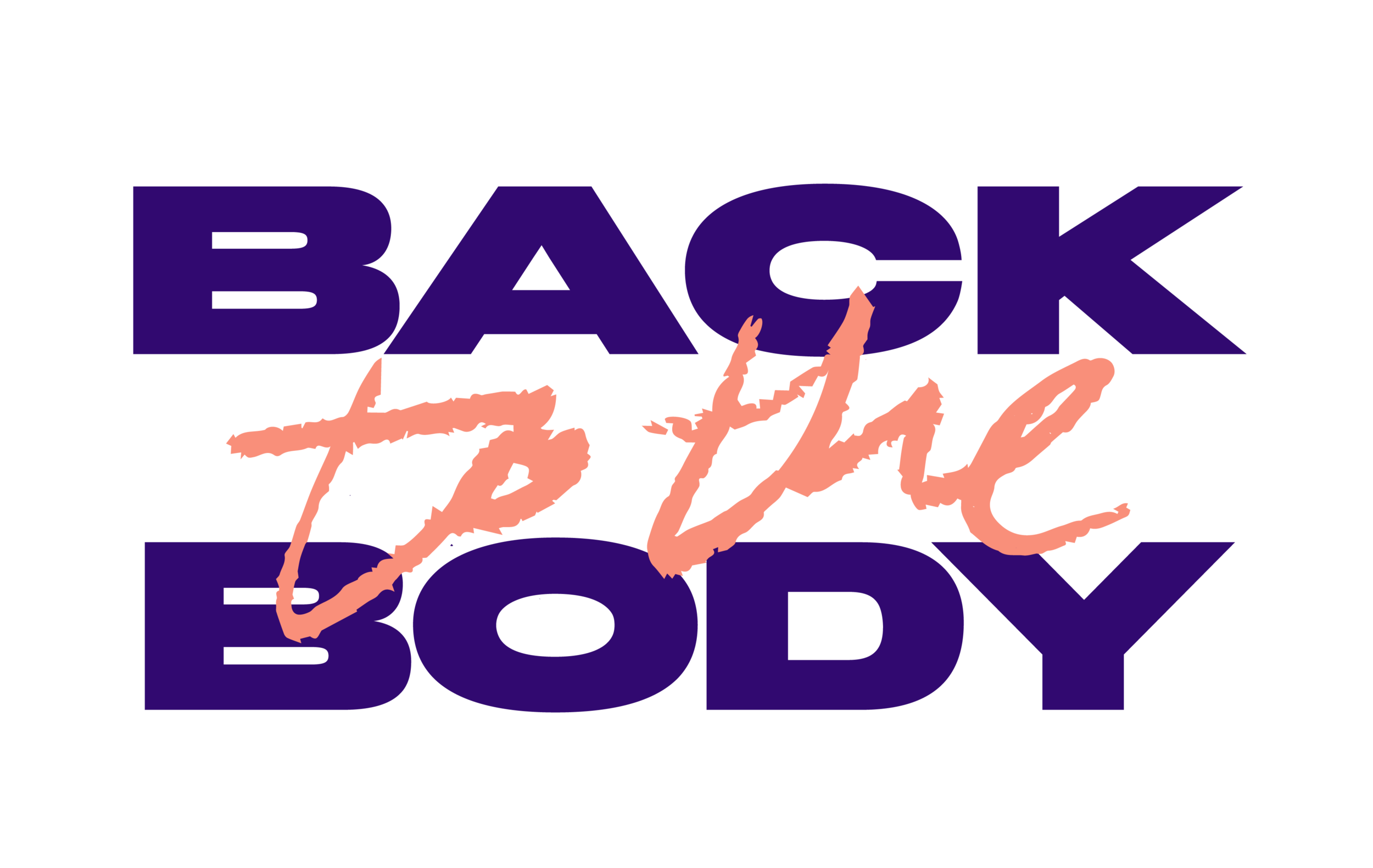Every relationship with sexuality is unique. Just because we share the knowledge that we both enjoy a particular sex toy doesn't mean that we will experience it the same way. No one can feel an erotic feeling or emotion tied to sexuality just the way you. All of our feelings and how we process experiences are uniquely our own.
That can be really hard when people want others to "give them an experience" and "get it right". There are countless people who want to lay back and have sexual bliss simply handed to them. It's sounds great. But it can be a really difficult mission to complete successfully. Delicious sex requires communication whether it's through verbal or non verbal communication. Communicating around sex and sexual desire can be one of the most difficult things any of us can do. And nobody teaches us how to do this.
Yet, imagine wanting someone to "do us" when so many of us don't really know what it is that we want - let alone speak it! So how can we expect someone to give it to us?
And then, it's back to square one because each of our relationships with sexual pleasure is unique, it can be hard to "give people" erotic experiences without their participation.
Many people are afraid of their own sexual feelings and their desires. We are often told not to feel our own erotic being. We are counseled to tamp it down. We label our desires as being out of the norm or kinky. We learn to change the subject when thoughts about our relationship with sex surface or distract ourselves to other endeavors. We try to intellectualize or medicalize our relationship with our sexual selves. And frankly, it does not work very well.
We end up feeling cut off from our sexual bodies, numb, resistant, shamed, or in some way cut off from the very experiences that we want.And when we do speak our desires, often we don't feel heard.
So, if we can agree that all of our relationships to sexuality is unique - how do we go about creating a better relationship with sex?
1. Prepare for change. Decide that you are ready to change your relationship with your own sexuality. Acknowledge that you feel like there is something missing, a problem a disconnect. Acknowledge that you want to feel more than you are currently feeling.
2. Choose to make a change with your relationship with your own sexuality. If you are in a partnered relationship you may choose to speak with your partner about your desires for change. If you are not in a partnered sexual relationship you may begin by opening the conversation with yourself about what you feel you are missing and wanting. You may choose to seek the help of a sexuality coach or sign up for a program created to support people explore their sexuality.
3. Taking the choice into action: Many people are now seeking out the support of sex educators to learn new tools and ways of being with their sexuality. Sexological Body Workers and Sexuality Coaches learn to listen to people's bodies and words. Instead of trying to give people experiences or know what is best for them - experienced sex educators learn how to listen, guide and support people to finding their own answers - and assist them in learning the tools so that they can communicate them. This work can be done with or without our partners - depending in your life circumstance and your desires.
Start with this premise. Your relationship with your own sexuality is unique. No one can feel what you are feeling. But you can be supported in being more loving, self accepting and more sexually actualized. You can have more of whatever it is you are wanting. You simply need to want to have change, prepare for change, and take action.
